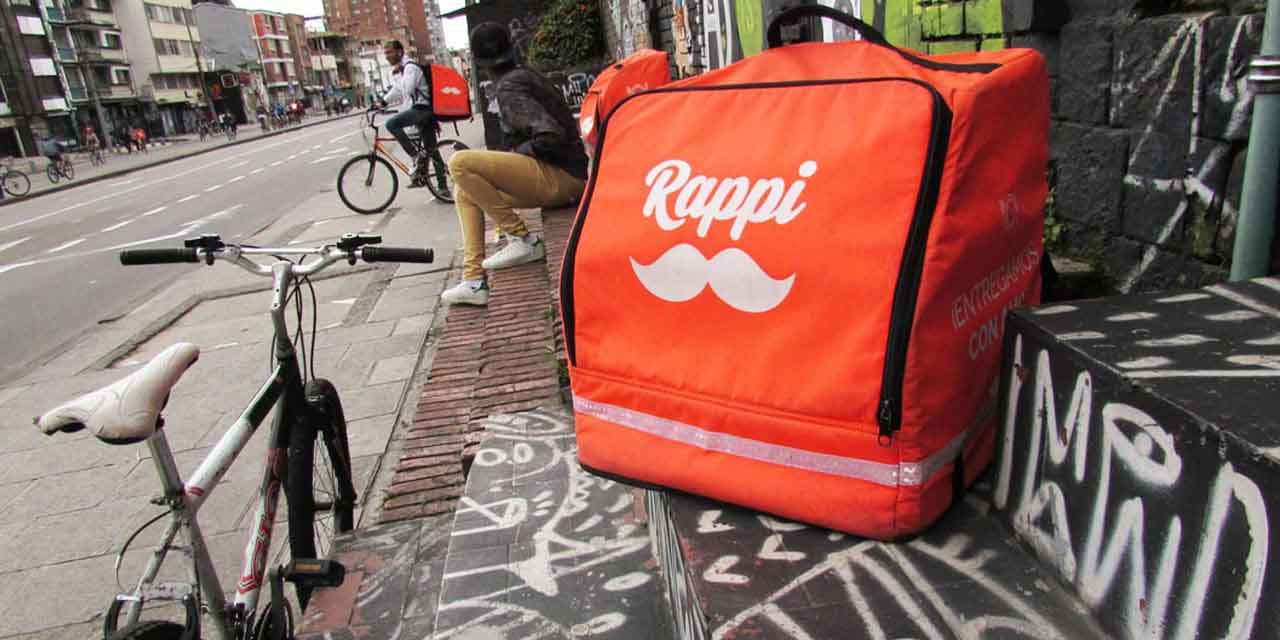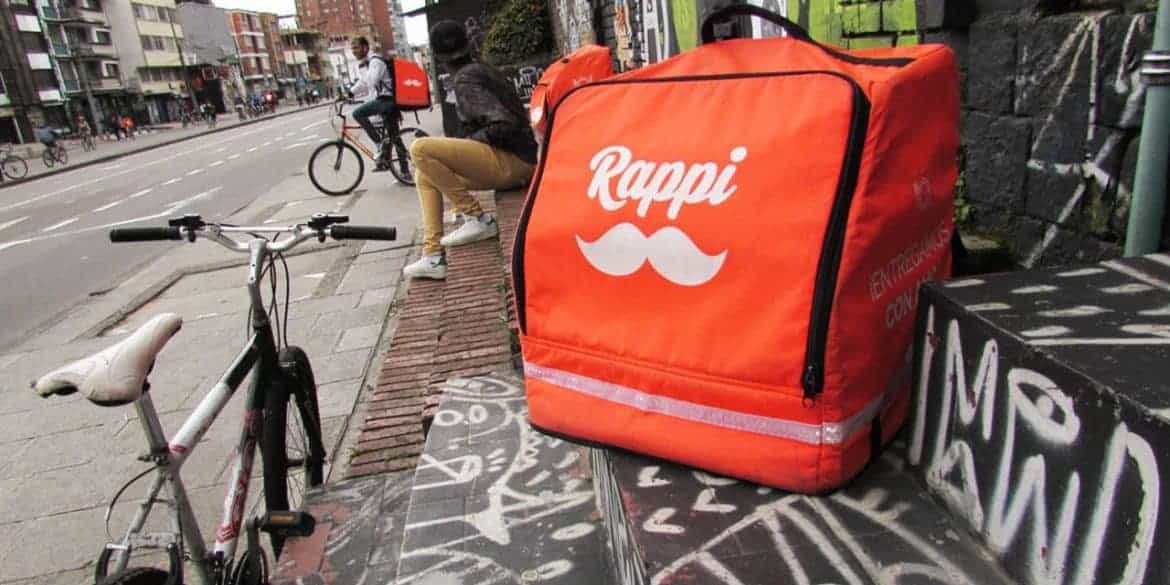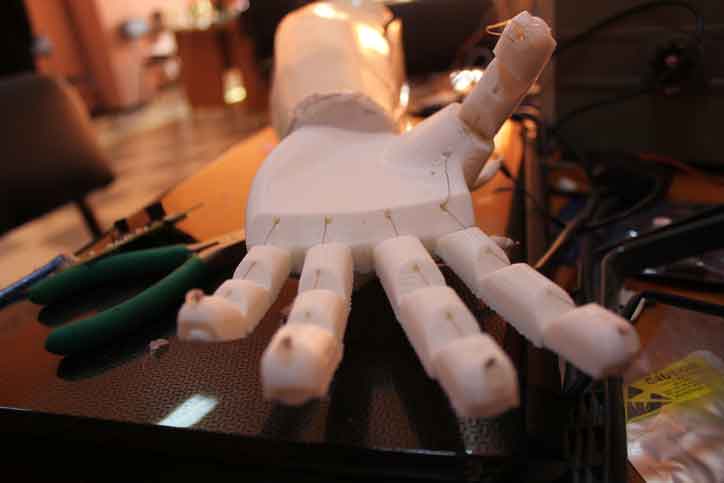Contxto – Hardly a week goes by without Rappi making it into our headlines. This time is mainly due to their ambitious targets. Last week, Rappi’s co-founder and president, Sebastián Mejía, talked to Reuters in a revealing interview.
Unsatiable growth
With an aggressive expansion mindset, the executive says they’re planning on doubling down their “footprint” by the end of 2019. Basically, reaching almost twice the number of cities they currently operate in.
We all know Rappi. Colombia’s first unicorn and SoftBank’s largest investment in the region so far, in which it is now majority shareholder. Official numbers weren’t released, but speculations say that the Japanese fund’s US$1 billion investment set the company’s valuation at US$3.5 billion.
“Rappi…is basically their anchor investment in the region,” said Mejía about SoftBank. With this capital, they managed to land in eight countries and 55 cities. “We plan to accelerate that,” said the founder.
With around five years on the market, the company has a presence in its native Colombia, as well as Brazil, Mexico, Argentina, Peru, Uruguay, Chile and Costa Rica. According to a spokeswoman, Rappi targets reaching 100 cities by the year-end.
Uncategorizable
Not only are there thinking of growth in terms of geography, but industry, too. Well known for their efforts on becoming a “super-app,” they’re already considering synergies and tie-ups with other SoftBank-backed companies.
Startups in the healthcare, hospitality and travel, as well as automation, are possible industries they could be pondering. This is not so surprising considering previous partnerships with Grin, Voopter, Crehana and more.
One of their focal points, next to logistics and delivery, is finance. “We are not just a logistics company,” Mejia said. “We have a broad range of vision that includes fintech and banking.”
Particularly, credit and insurance are some of their interest areas. Leveraging their current user base, this could well work out for them. Nevertheless, both the delivery and the fintech space are becoming increasingly competitive.
More players get founded and funded every week, operating in niche subindustries within the sectors. Moreover, other regional players are meeting up and competing for Latin America’s unbanked population (read Nubank).
Despite all the controversies around the company’s labor model, I believe Rappi set the ground for other entrepreneurs in the ecosystem. More investors are now looking over to the region, and new talent will come out of the company to start their own ventures. Or at least, that’s what I hope will end up happening.
-VC






